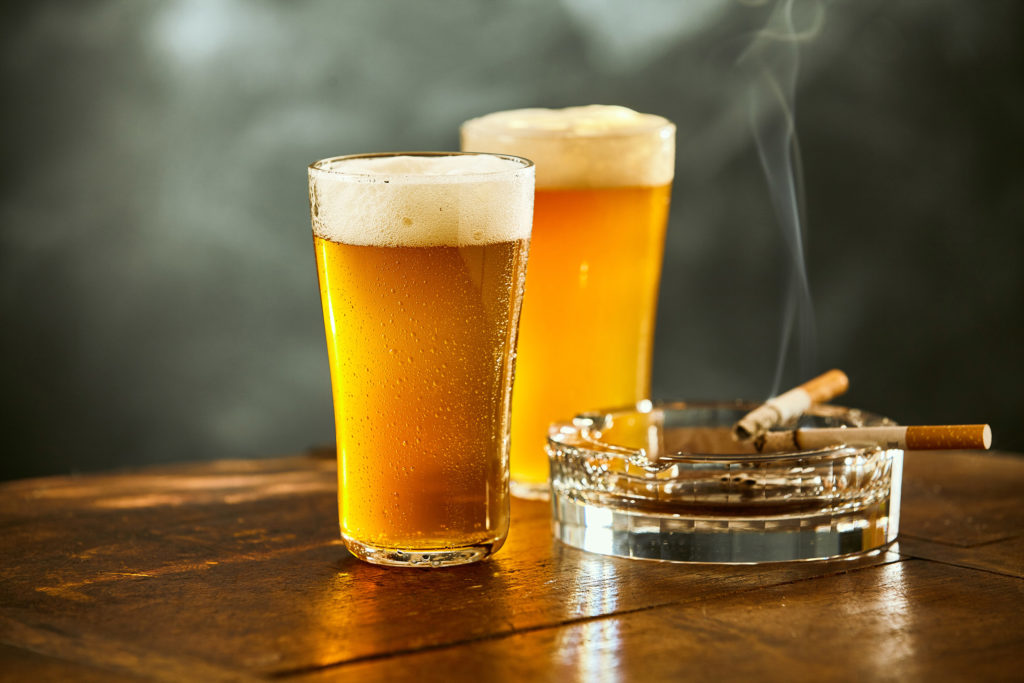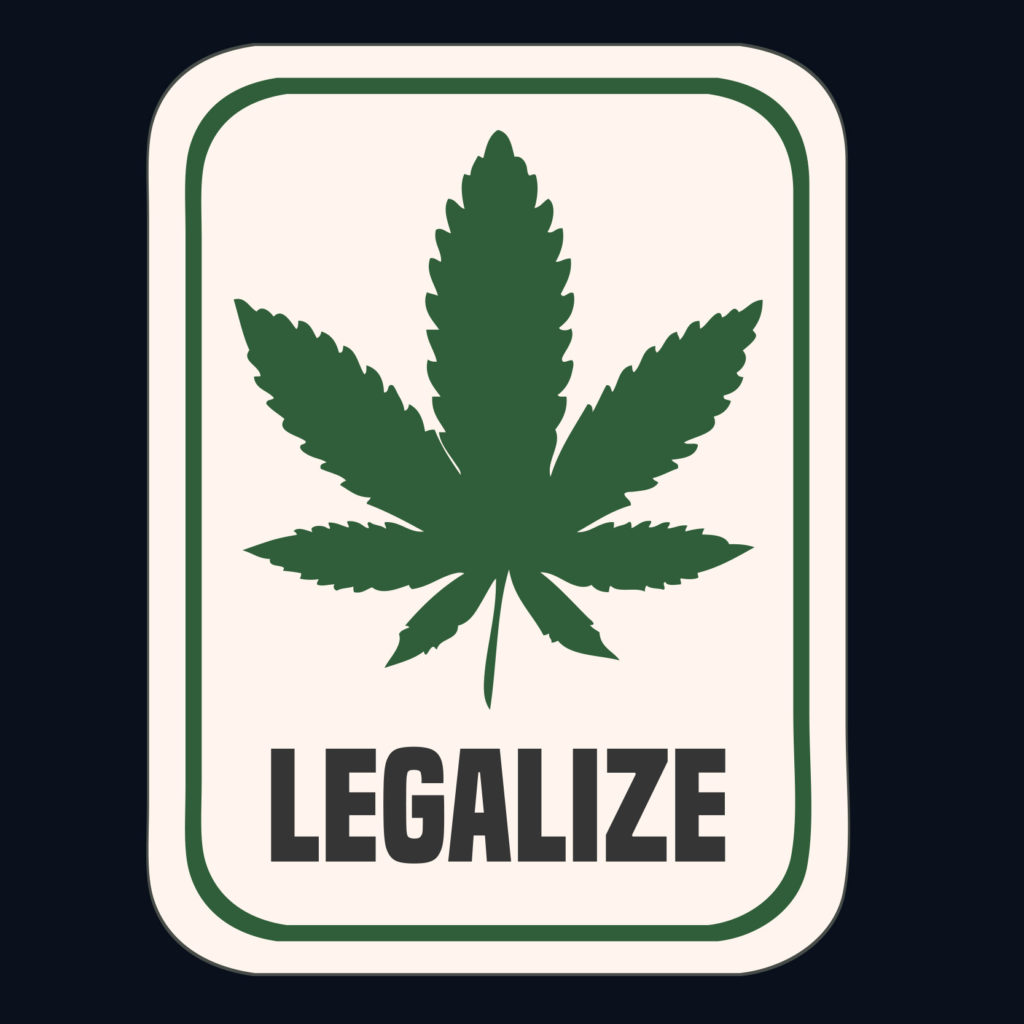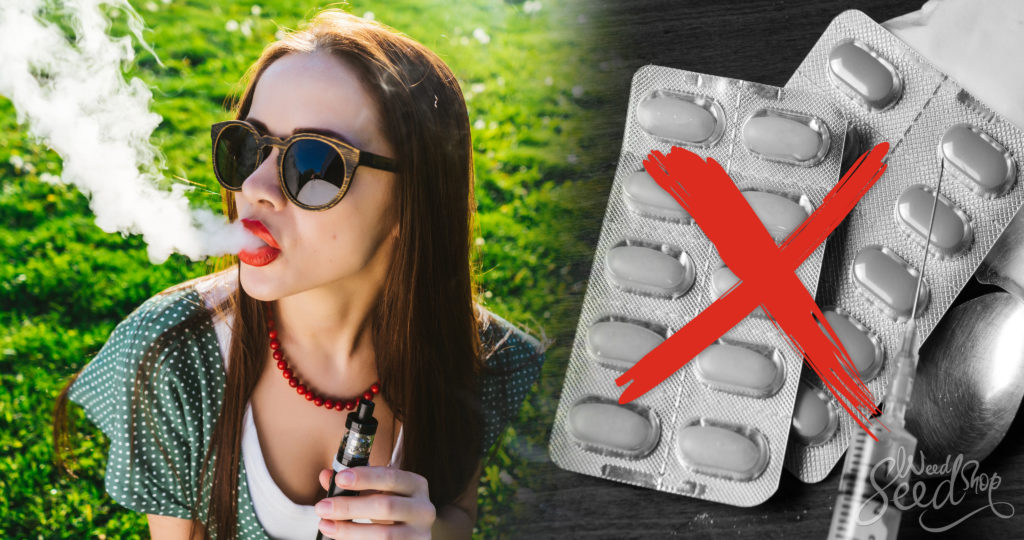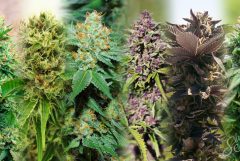Cannabis is a gateway drug – this statement has become outdated and disproven. In this article we will explore where the myth may have started that weed is a gateway to harder drug use. We’ll also explore the scientific evidence that shows that a causal relationship between the two things does not exist. Keep reading if you’re ready to bust the oldest cannabis myth!
It may well be the cannabis myth that can never die that weed is a gateway drug. Although public opinion supports this hypothesis, the evidence continues to build against this puzzling myth. There are actually studies out there that support this theory, too, but as our library of scientific research of cannabis grows, we are finding that the majority of people probably got it entirely wrong.
Modern studies show that it is somewhat uncalled for to say that cannabis predisposes people to using harder drugs in the future. Although there might be a correlation between the two, it is not necessarily causal. This myth gets busted today as we show where this rumor might have started and the evidence that stacks up against it.
What is the gateway theory?
The gateway theory basically states that cannabis use opens the doors for people to use harder drugs in the future. It is based on the principle that there is some causal mechanism in the brain, where cannabis biologically sensitizes those who use, making them more likely to take the risk of trying harder drugs in the future.
The term “gateway theory” was coined during anti-drug campaigns in the 1980s, when anti-drug propaganda was at its greatest. It is potentially the response to earlier studies that were conducted on rats. These studies showed that using cannabis in their earlier lives predisposed them to self-administering nicotine, morphine and heroin. The findings of these studies lead scientists to believe that the human reward system was also affected the same way anatomically, causing the kind of lasting effect that alters a person’s choices in the future.
In 2014, it was published by Dr Jodi Gilman that only a small amount of cannabis use is enough to cause “exposure-dependent alterations of the neural matrix of core reward systems”, especially in the case of a young user. This is an example of the research some scientists are presenting that still support the gateway theory. However, more and more literature is appearing to say that there are many other factors that play a role in harder drug use. Furthermore, the more discretionary power we bring when we read research, the more we find the holes that exist in these studies. Other scientists have pointed out problems with Gilman’s study, showing that results can be manipulated just to prove a certain point.
Other causes of hard drug use
The biggest point of criticism with older studies (and even some more recent ones) is that they fail to mention the other contributing factors, such as social and economic conditions. Many of these older studies don’t even mention whether the subjects are users of tobacco and alcohol (but we’ll get to that later). The fact is that there are many other contributing factors when we talk about hard drug use.
The most obvious one is the kind of social environment from which the subject comes. There is a lot of evidence reconciling the issues of hard drug use and poverty, suggesting that poverty itself may be a gateway to using hard drugs. This naturally flows on to the association theory, whereby the company that someone holds can be a precursor for future drug use. Finally, there are some mental illnesses which make someone statistically more likely to use hard drugs, such as bipolar disorder. Essentially, all of this research shows that the environmental factors are more prevalent than biological ones.
Now we can see how there might be a correlation between the use of cannabis and the progression to harder drug use. Weed may or may not play a role in any of the aforementioned social and environmental conditions that might be at play here. However, to go so far as to say that weed is a causal reason for harder drug use is as unfair as saying that the rain is the reason for more car accidents.
Instead… Alcohol and tobacco are gateway drugs

There are modern observations that actually prove the complete opposite of the gateway theory. Cannabis is potentially associated with the healing of drug addictions in those with opioid dependency. This means it could actually be favourable in getting people off harder drugs.
Now, we can revisit the topic of alcohol and tobacco. For a long time, weed has been given the label of the gateway drug, when it is statistically more common that before cannabis use a person will experiment with tobacco and cannabis. This means we could just as easily throw the gateway theory onto tobacco or alcohol, but the media has never dared to state such a thing.
There is no real hard evidence anywhere to suggest that weed is a gateway drug. This is a theory and terminology that was coined just after Nixon’s War On Drugs regime. It is probably something that was designed to scare people away from using weed. It is time to look at this with a more in-depth perspective, now that we have the potential to do so. It is unfair to call cannabis a gateway drug while it is acting as an effective medicine for many of its responsible recreational and medical users. With far too many other factors at play, it is safe to say that weed is not a gateway drug. Hopefully this myth never needs to be busted again!
For heaven’s sake, legalize it!

Finally, there is a huge legalization movement taking place which completely busts the myth that weed is a gateway drug. There are parts of the world where weed can be purchased in-store, at a dispensary. At these stores, there is no encouragement to take harder drugs, nor are they available there. There is no way the local dispensary is holding a supply of cocaine, just in case their customers want to swing that way.
So the bottom line is that a responsible cannabis user is not likely to encourage the use of harder drugs, and this is especially apparent when we stop for a moment to observe the global cannabis community and their message.









